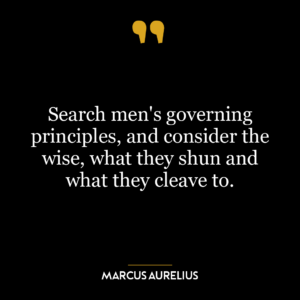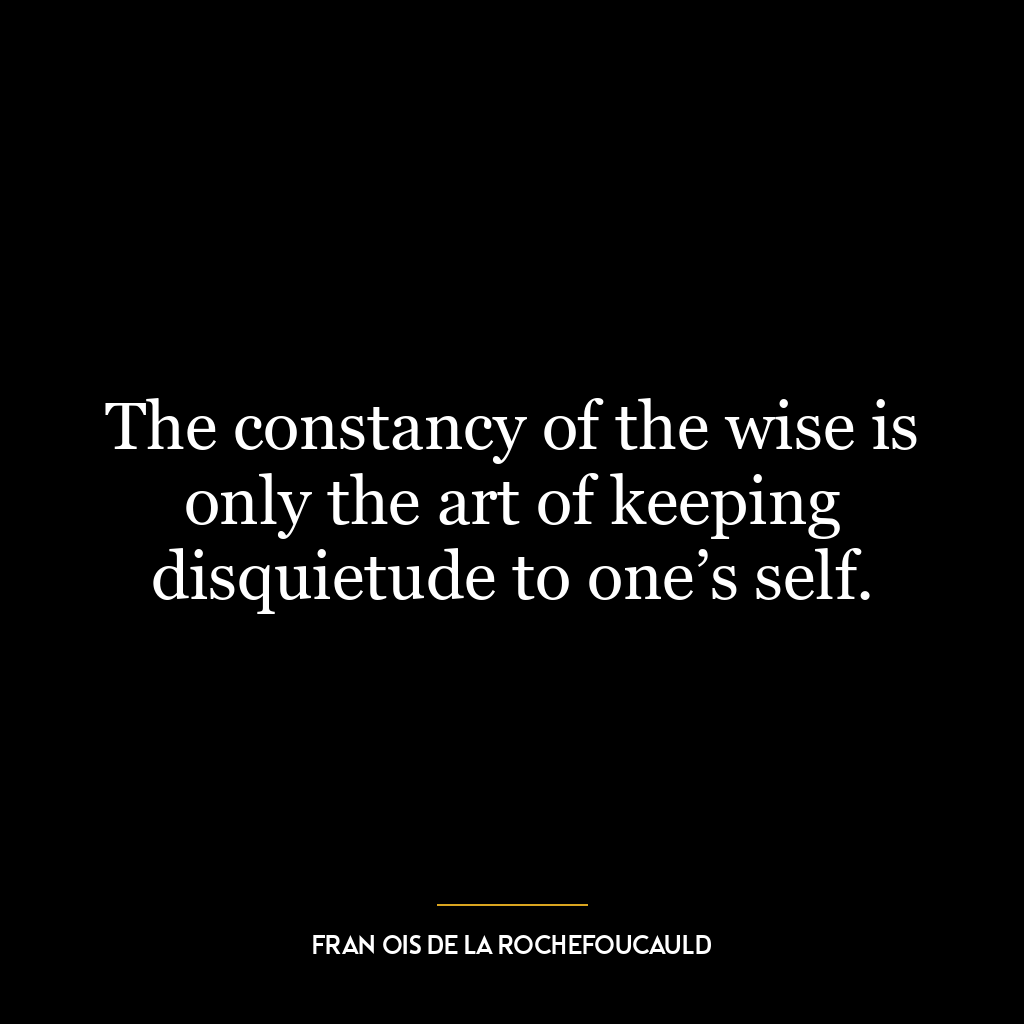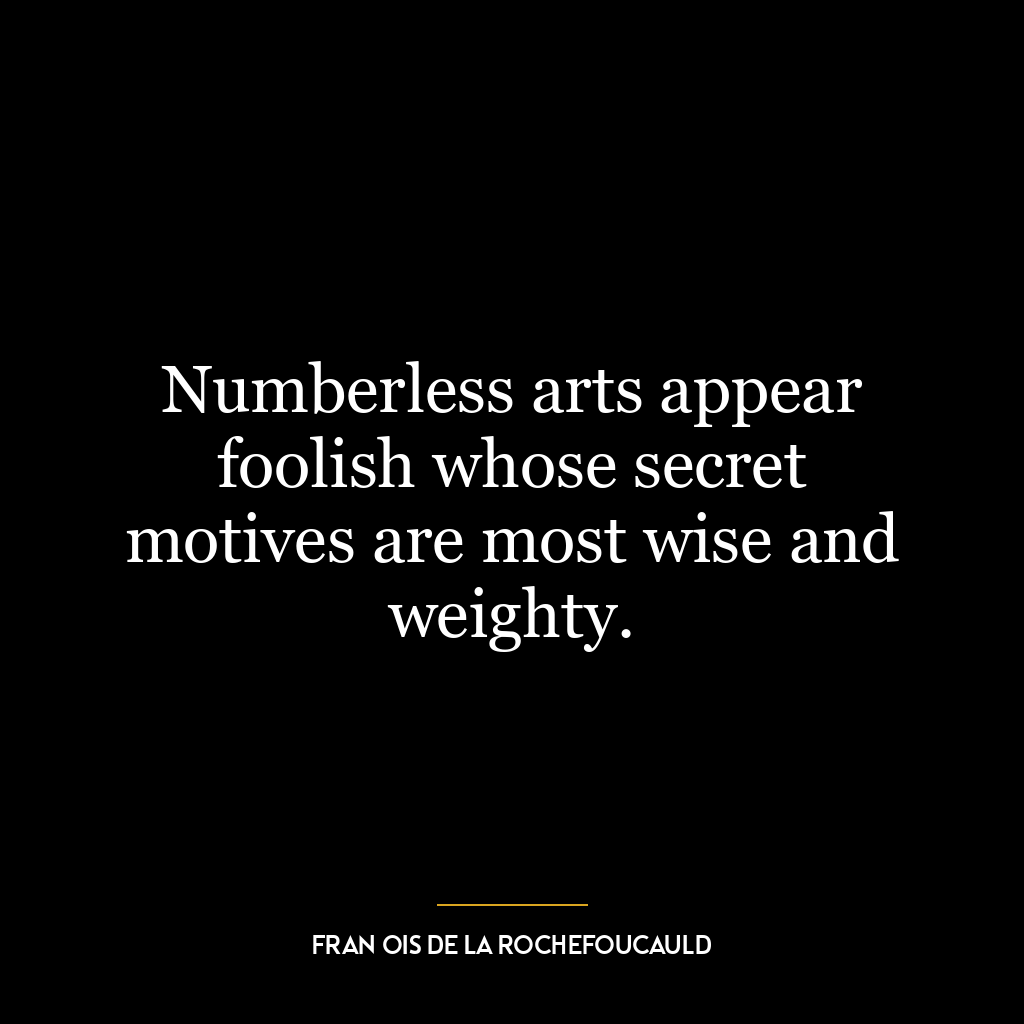The wise man sees in the misfortune of others what he should avoid.
This quote is a testament to the power of learning from others’ experiences. It suggests that wisdom is not just about acquiring knowledge, but also about applying that knowledge in a practical and beneficial way. A wise person, according to this quote, is someone who can observe the misfortunes of others and use these observations to avoid similar pitfalls in their own life.
The misfortunes of others serve as a cautionary tale to the wise. Instead of simply sympathizing or empathizing with the person who has suffered a misfortune, the wise man goes a step further to analyze the situation and identify what led to the unfortunate outcome. He then uses this understanding to guide his own actions, thereby avoiding the same fate.
Applying this idea in today’s world or in personal development involves cultivating the ability to learn from the experiences of others. For instance, in the business world, a wise entrepreneur might study the failures of other businesses in order to avoid making the same mistakes. In personal development, this might involve seeking the advice of mentors or learning from the experiences of those who have achieved success in the areas you’re interested in.
In a broader societal context, this quote underscores the importance of history and the lessons it offers. By studying the mistakes of the past, societies can avoid repeating them in the future. This is the essence of wisdom – not just learning from one’s own experiences, but also from the experiences of others.
In a world where information is readily available, it is essential to develop the ability to discern useful lessons from the experiences of others. This not only saves us from unnecessary hardship but also accelerates our growth and development.











